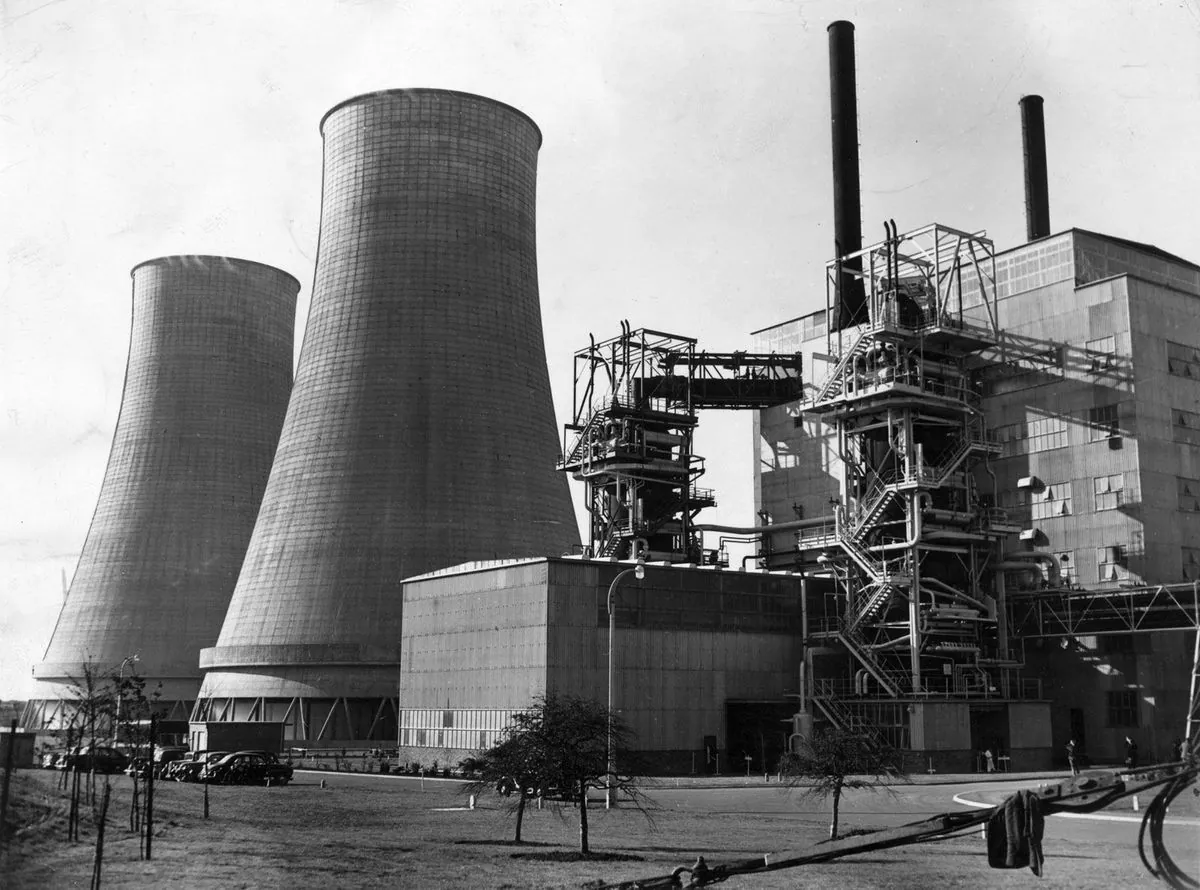UK Energy Policy: A Call for Nuclear and Gas Over Net Zero
Former MP critiques UK's net zero approach, proposing nuclear expansion and domestic gas production. He argues against current renewable strategies, citing high costs and reliability concerns.

In the ongoing Conservative leadership race, discussions about unity, immigration, and fiscal policies have taken center stage. However, a crucial topic remains largely unaddressed: the UK's energy policy and its commitment to net zero emissions.
Craig Mackinlay, former Conservative MP and newly appointed Lord Mackinlay of Richborough, argues that the UK's current energy strategy is misguided and potentially harmful to the nation's economy and energy security. He proposes a significant shift in approach, focusing on nuclear power and domestic gas production.
The UK's energy landscape has undergone substantial changes since the introduction of the Climate Change Act in 2008. This landmark legislation, which set legally binding carbon budgets, has been a cornerstone of the country's environmental policy for over 16 years. However, Mackinlay contends that the results of this target are now becoming clear, with British consumers facing some of the highest electricity prices in the world.

The former MP criticizes the destruction of traditional fossil fuel power stations and the reliance on biomass energy, which accounts for 15% of UK electricity production. He argues that burning pelletized wood from North American forests produces higher CO2 emissions per kilowatt-hour than coal or natural gas, yet is paradoxically labeled as "zero carbon."
Mackinlay also expresses skepticism about the current focus on wind and solar power, citing hidden costs and reliability issues. He points out that the UK has been investing heavily in offshore wind farms, becoming a world leader in this technology. However, he argues that the true cost of these renewable sources, including grid connection and backup power requirements, has yet to be fully realized.
The author proposes a four-point plan to reshape the UK's energy policy:
- Amend the Climate Change Act 2008 to align with global norms and facilitate infrastructure development.
- Prioritize nuclear energy, particularly Small Modular Reactors (SMRs).
- Increase domestic gas production through North Sea exploration and potential fracking.
- End taxpayer support for wind and solar projects, making them commercially viable without subsidies.
This proposal represents a significant departure from the current government's strategy, which aims to achieve net zero emissions by 2050 and has been promoting electric vehicles and renewable energy sources as part of its decarbonization efforts.
Mackinlay's stance on energy policy reflects broader debates within the Conservative Party and the UK as a whole. As the nation grapples with rising energy costs and concerns about energy security, the coming years will likely see intense discussions about the best path forward for the UK's energy sector.
"Whereas the last decade has been the battle for Brexit, the next decade will be the battle for energy. Labour's plan to decarbonise the grid by 2030 is not only impossible, it will be astronomically expensive in its futility and potentially dangerous. Electricity blackouts are likely."
As the UK continues to navigate its energy future, balancing environmental concerns with economic realities and energy security will remain a critical challenge for policymakers and industry leaders alike.


































